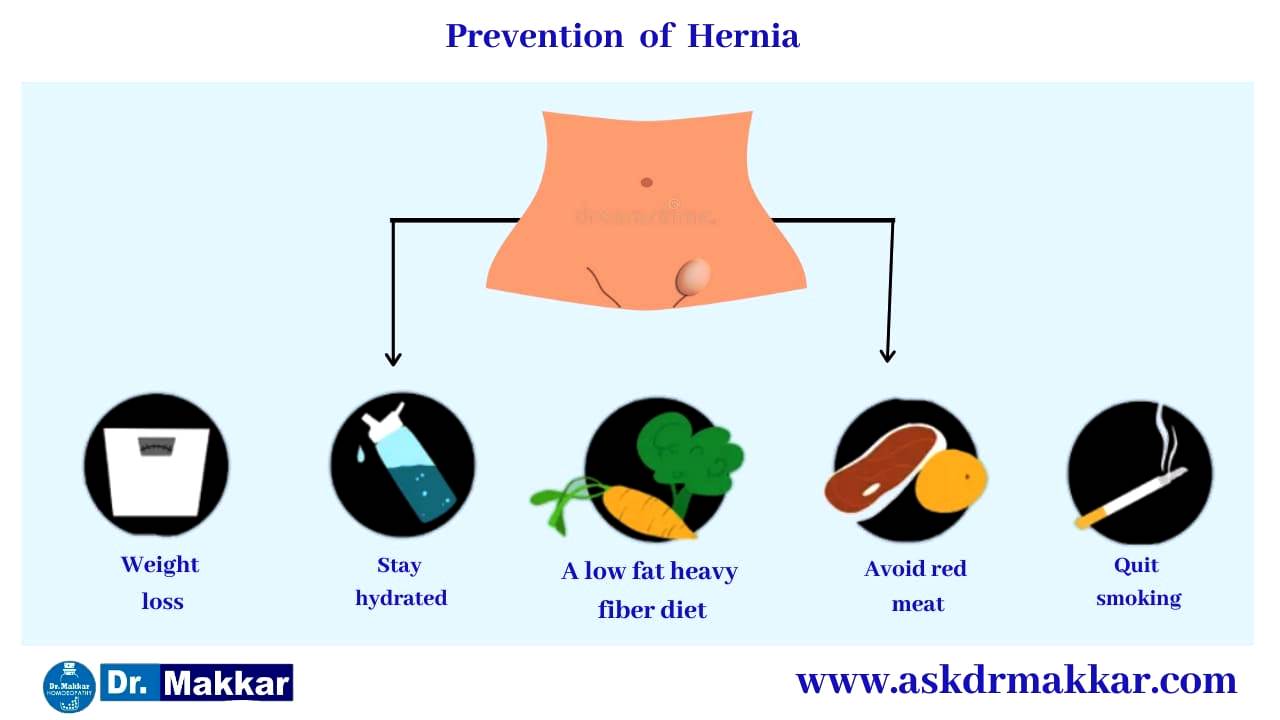 1. Diet
1. Diet
There are no absolute diet restrictions after a Hernia surgery. Some patients could notice that their appetence is poor for a few weeks after the surgery. This is a normal result of the stress of surgery, the patient’s appetite should return in time. If you find you are persistently nauseated or unable to take in liquids, contact your Hernia doctor immediately.
2. Wound Care
● It is fine to shower starting around 36 hours after a hernia operation. If you have gauze on the incisions, take it off before showering.
You might see little item of tape (called steri-strips) directly connected to your skin. It is fine to get these little tapes wet in the shower. The tapes will begin to peel up on the ends 7 – 10 days after the Hernia operation; at this point, they have done their job and it is fine for you to peel them the rest of the way off if you wish. You do not have to have them on when you come for your post-operative visit.
No baths, pools or hot tubs for two weeks post surgery.
Do not apply any ointment or different medication on your incisions; it’ll not build them heal sooner.
3. Activity
There are not any medical or physical restrictions on activity once the surgery. That means it is fine to walk, climb stairs, lift, have sexual intercourse, mow the lawn, or exercise as long as it doesn't hurt. Returning to normal activity is not really a problem for recovery. However, if it doesn't feel good, don't do it. Take it easy and let pain be your guide.
It’s also normal to feel tired and washed out for a week or two following the surgery. These factors can place some limitations on your activity, but you will not cause any long term harm even if some soreness is experienced.
4. Work
Everyone returns to work at different times. If you want, you may return to work right away; however, as a rough guide, most people take at least 1-2 weeks off before returning to work as hernia operation recovery time.
5. Driving
You will usually be able to drive once you are off the prescribed narcotic (prescription) or pain medications for two days.
6. Bowel Movements
The first bowel movement occurs anyplace from one-five days once surgery; as long because the patients don’t seem to be ill or having abdominal pain this variation is suitable. Remember that it’s quite common to pass a great deal a lot of gas from your body than you are accustomed to. This is because you will not be able to belch.
It is also common to have symptoms of diarrhea or "loose bowels" after hernia surgery, the bowel function normalizes with time. Constipation might also be common because of the pain medication. To avoid constipation it is recommended to take Milk of Magnesia (2 tablespoons; twice a day) for a few days post the operation.
7. Seroma
Some patients notice that their hernia returns right once the surgery. This occurs when the hernia contents fills up with postoperative fluid. This fluid is typically absorbed by the body in a few weeks.
8. Pain (Usually witnessed in male Hernia patients)
It is expected that your scrotum may be slightly swollen or tender. Along with the usage of oral pain medications you can also make use of ice packs to make the swelling subside.
9. Urgent medical attention needed
Call your Hernia doctor immediately if any of the following serious complications occur:
Fever of 100.4 or greater
Shaking chills
Pain that increases progressively over time
Redness, warmth, or pus draining from incision sites
Persistent nausea or inability to take in liquids